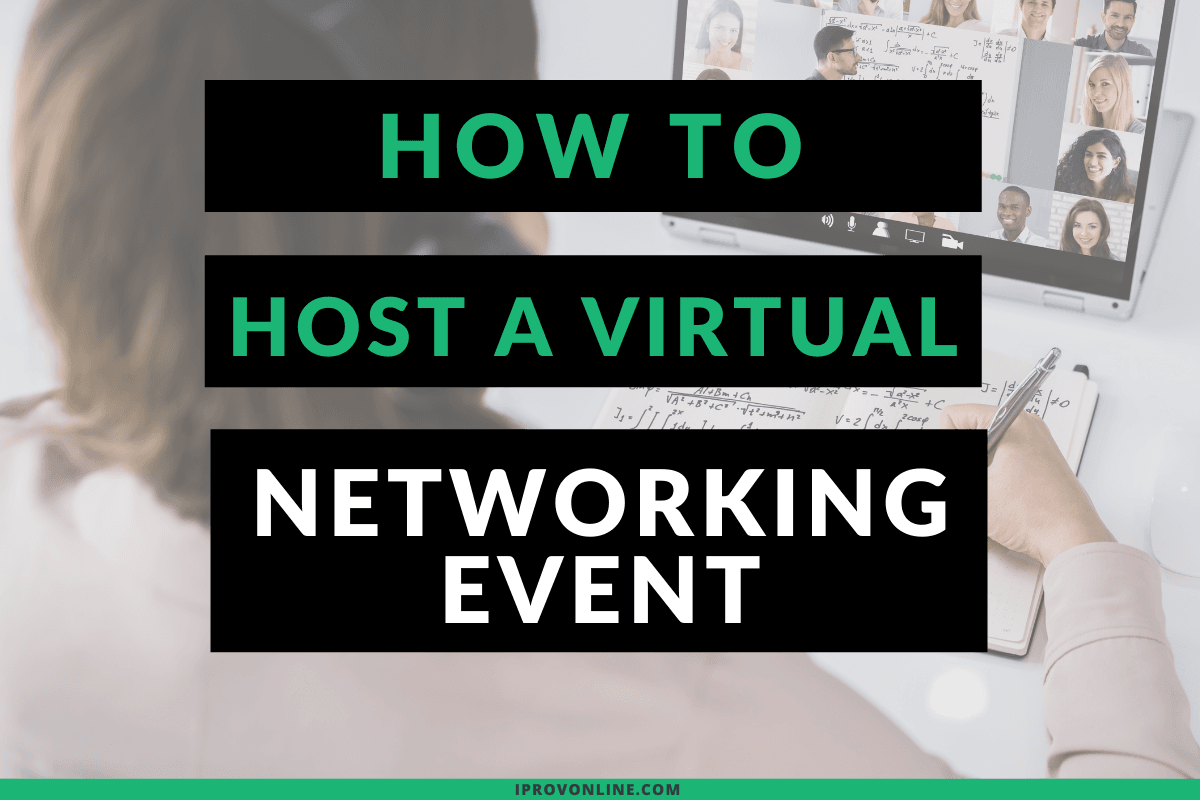Virtual conferences have become increasingly popular in recent years, as they offer a cost-effective and convenient way for businesses to connect with their audience. However, organizing a virtual conference can be a daunting task, especially for those who are new to the world of virtual event production. In this article, we will discuss some tips and best practices for organizing a successful virtual conference.
1. Define your goal and objective
The first step in organizing a virtual conference is to have a clear goal and objective. Are you looking to generate leads, educate your audience, or simply build brand awareness? Having a clear goal will help you to focus your efforts and determine the most appropriate content and format for your conference.
2. Plan the logistics of your virtual conference
Once you have a goal in mind, it's time to start planning the logistics of your virtual conference. This includes everything from choosing a date and time, to selecting the right platform and tools for hosting your event. Some popular virtual conference platforms include Zoom, Webex, and GoToWebinar, each of which offer a range of features and pricing options. When choosing a date and time for your virtual conference, it's important to consider the availability of your participants. You'll also want to make sure that the date and time you choose are convenient for all of your attendees, as well as any speakers or panelists you may have invited. Additionally, it's helpful to think about what time zone most of your participants are in so that you can select a date and time that works best for them.
Once you've selected a platform and a date and time for your virtual conference, it's important to consider how you'll be hosting the event. This includes things like setting up audio-visual equipment, creating an agenda, assigning roles to team members, and preparing materials such as presentations or handouts. Additionally, you'll need to think about how you'll be engaging with your audience during the event. This could include things like interactive polls or Q&A sessions. Finally, make sure that you have a plan in place for recording the event so that people who weren't able to attend can still access the content afterwards.
3. Organize the content of your virtual conference
Next, you'll need to plan and organize the content of your virtual conference. This includes determining the topics and speakers, as well as creating the agenda and schedule. It's important to have a mix of interactive and informative content, to keep your attendees engaged and interested. Some popular formats for virtual conference content include live Q&A sessions, panel discussions, and breakout sessions.
4. Promote your virtual conference
Another important aspect of virtual conference production is promoting your event. This includes creating a website, social media campaigns, and email marketing campaigns to let people know about your conference and encourage them to attend. It's also a good idea to offer early bird discounts, or other incentives to entice people to register early.
5. Technical aspect of virtual event production
One of the most critical parts of virtual event production is the technical aspect. It's essential to test all the equipment, internet connection, and software, to ensure that everything runs smoothly on the day of the conference. It's also a good idea to have a technical support team on standby during the event, in case any issues arise.
6. Follow up with attendees
Lastly, it's important to follow up with your attendees after the conference is over. This includes sending out a survey to gather feedback, and sending out a thank-you email to everyone who attended. This will help you to improve your virtual conference production process for future events. Following up with attendees after a virtual conference is an important part of the event production process. Surveys should be sent out to gather feedback, and thank-you emails should be sent to everyone who attended. This allows you to gain valuable insights into how your event was received by the attendees, and what areas could be improved upon for future events.
Additionally, thank-you emails can help build relationships with attendees and create a sense of community around your virtual conference. By taking the time to follow up with attendees, you are showing them that their participation was appreciated and valued. Furthermore, this can help increase engagement and attendance at future events, as people will have a positive impression of your brand or organization.
7. Conclusion and Contact iProv, LLC for a free consultation
In conclusion, organizing a virtual conference requires careful planning and attention to detail. By keeping the tips discussed in this article in mind, you can ensure that your virtual conference is a success. If you are looking for professional help with virtual event production, you can contact iProv, LLC for a free consultation about video marketing. They will help you to create an event that is tailored to your specific needs and goals, and ensure that your virtual conference runs smoothly from start to finish.



Leave a Reply